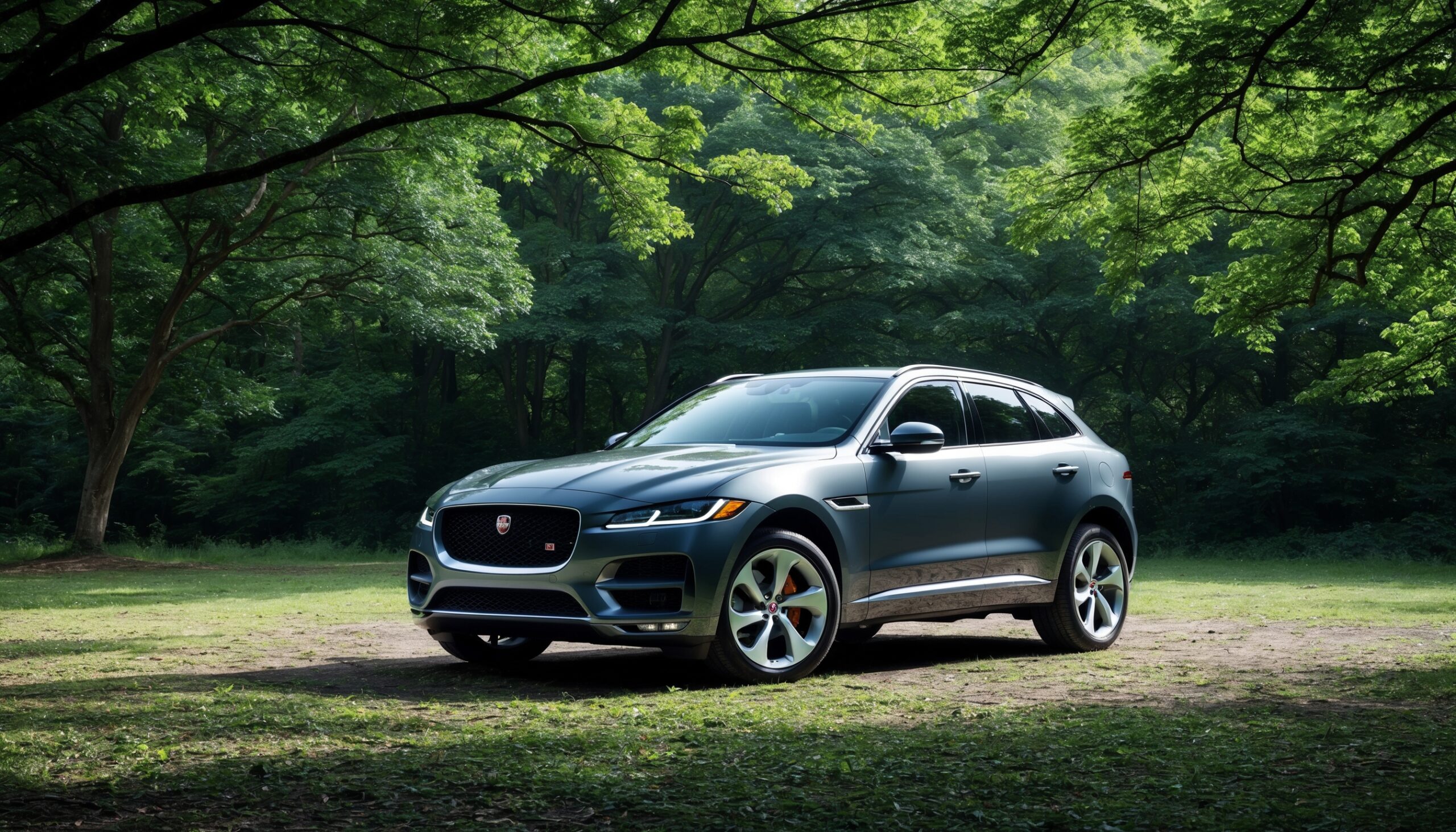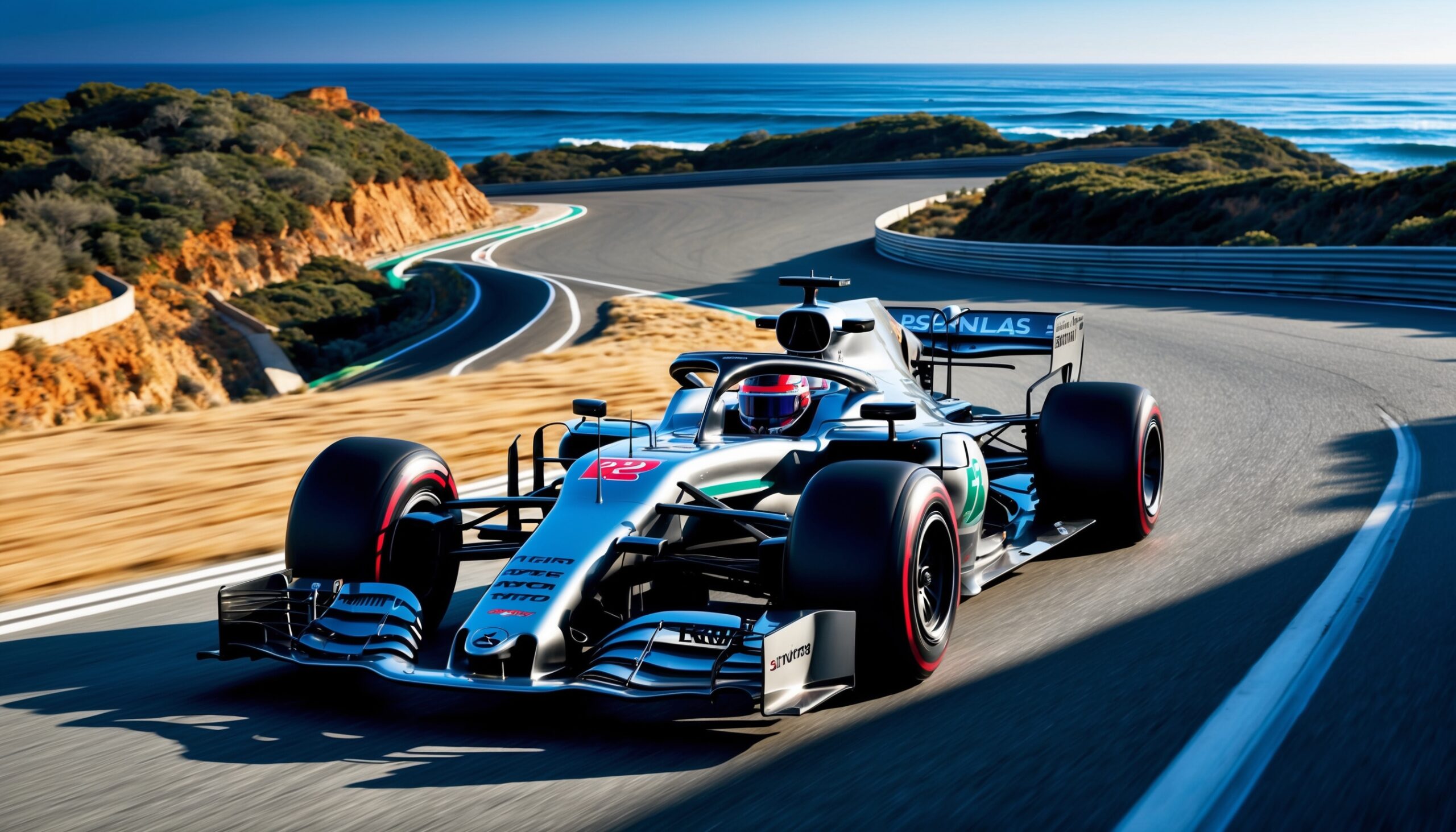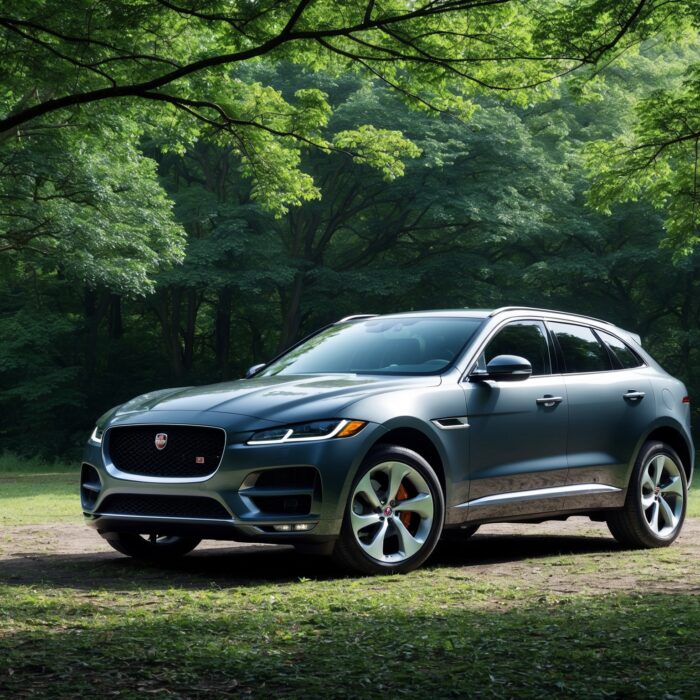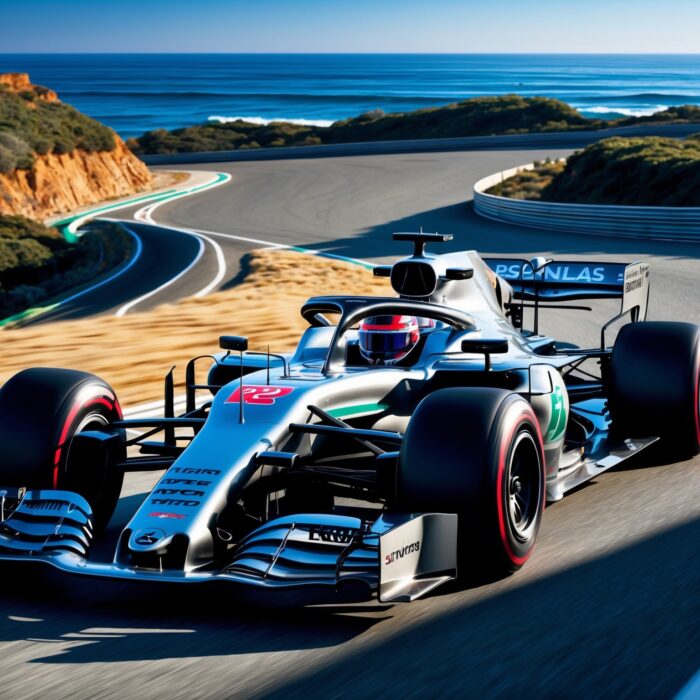Mazda Says EVs “Don’t Really Save the Planet”
In a world increasingly leaning towards electric vehicles (EVs) as the solution to climate change, Mazda has stirred the pot with a provocative statement: “EVs don’t really save the planet.” This bold claim has sent shockwaves through the automotive community, prompting enthusiasts and environmentalists alike to rethink the narrative surrounding electric cars. At Torque Feed, we love diving deep into the complexities of the automotive industry, and this topic is no exception.
Understanding the Well-to-Wheel Emissions Debate
Before we dig into Mazda’s assertion, it’s essential to grasp the concept of well-to-wheel emissions. This term encompasses all emissions produced during the entire lifecycle of a vehicle, from the extraction of raw materials to the manufacturing process, fuel production, and finally, the operation of the vehicle itself. It’s a comprehensive approach that many argue provides a clearer picture of a vehicle’s environmental impact.
When we typically discuss emissions in the context of EVs, we often focus on tailpipe emissions. But what about the emissions generated during the production of the battery or the electricity used to charge these vehicles? This is where Mazda believes the conversation is lacking, and they are calling for a reevaluation of how we view EVs in the context of overall environmental responsibility.
The Case Against Electric Vehicles
Mazda’s chief environmental officer, Akira Marumoto, has voiced concerns regarding the overwhelming emphasis on electric vehicles as a panacea for climate change. Here are some key points he raised:
Also Read: Beyond the Chip Shortage: How Automakers are Securing the Future of Software-Defined Vehicles (SDVs)
- Battery Production Emissions: The manufacturing of EV batteries involves significant emissions, primarily due to the extraction and processing of lithium, cobalt, and nickel. This process can be energy-intensive and environmentally damaging.
- Energy Source Matters: In regions where coal is the primary energy source for electricity, the emissions associated with charging an EV can negate the benefits of driving an electric car.
- Life Cycle Assessment: The production, use, and disposal of EVs must all be considered when assessing their environmental impact. Mazda argues that the current narrative often overlooks the complete lifecycle.
The Shift to a Holistic Perspective
What Mazda is advocating for is a shift in how we measure the sustainability of vehicles. Instead of solely focusing on tailpipe emissions, they urge a more holistic approach that considers all aspects of a vehicle’s lifecycle. This perspective is crucial as it encourages manufacturers and consumers to think critically about the true environmental cost of their choices.
What This Means for Mazda’s Future
So, where does this leave Mazda as a brand? Traditionally known for their sporty sedans and crossovers, Mazda has been relatively slow to adopt electric vehicle technology compared to some of their competitors. However, they are not sitting idle; their focus on sustainability is evolving.
Mazda is investing in new technologies, including their own range of electric and hybrid vehicles. However, they are also exploring alternative technologies, including hydrogen fuel cells, which they believe may offer a more sustainable solution in the long run. This multifaceted approach reflects their commitment to reducing the environmental impact of their vehicles while challenging the prevailing narrative around electric cars.
The Future of Mobility
The automotive industry is at a crossroads, and as car enthusiasts, we need to be part of that conversation. While EVs have their merits, Mazda’s perspective encourages us to look beyond the surface. Here are a few considerations:
- Diverse Energy Solutions: The future may not be solely electric. A combination of EVs, hybrids, hydrogen fuel cells, and even traditional internal combustion engines might be necessary to meet global sustainability goals.
- Consumer Awareness: As consumers, we need to be informed about the full lifecycle of the vehicles we choose. Understanding well-to-wheel emissions can empower us to make better choices.
- Innovation and Adaptation: The automotive industry thrives on innovation. Embracing new technologies and strategies will be key in creating sustainable mobility solutions.

The Role of Government and Policy
Government policies play a significant role in shaping the automotive industry’s trajectory. Incentives for electric vehicles, stricter emissions regulations, and investments in renewable energy sources all influence the direction manufacturers take.
Mazda is calling for a more nuanced approach to policy that considers the full environmental impact of vehicles. This means not only promoting EVs but also supporting research into cleaner production methods and renewable energy sources.
Consumer Preferences and Market Trends
The shift towards electric vehicles has been driven largely by consumer demand. As more people become environmentally conscious, the appeal of EVs has grown. However, as Mazda points out, consumers need to be aware of the broader implications of their choices.
Car enthusiasts often prioritize performance, aesthetics, and driving experience over environmental considerations. As EV technology continues to evolve, manufacturers must balance these preferences with sustainability goals. Mazda’s commitment to maintaining the driving pleasure their brand is known for, while also addressing environmental concerns, may set them apart in a crowded marketplace.
Engaging with the Community
At Torque Feed, we believe in fostering discussions among car enthusiasts about the future of the automotive industry. Mazda’s perspective offers a unique opportunity to engage with the community and explore the implications of their claims. Here are some ways we can spark conversations:
Also Read: New Vehicle Tariffs and Their Effect on Car Prices in the Coming Year
- Forums and Discussions: Create platforms for enthusiasts to share their thoughts on the future of mobility and the role of various technologies.
- Collaborations with Experts: Partner with environmental scientists and automotive engineers to delve deeper into the complexities of well-to-wheel emissions.
- Consumer Awareness Campaigns: Educate consumers about the full lifecycle of vehicles, encouraging informed decision-making.
Final Thoughts on Mazda’s Statement
Mazda’s assertion that EVs “don’t really save the planet” challenges the automotive community to think critically about the future of mobility. By urging a reconsideration of well-to-wheel emissions, they are sparking important conversations about sustainability, innovation, and consumer responsibility.
As car enthusiasts, it’s our duty to stay informed and engaged in these discussions. The future of the automotive industry is not just about the vehicles we drive but also the impact they have on our planet. Whether you’re a die-hard petrolhead or an eco-conscious driver, the evolution of our beloved industry will require all of us to adapt and rethink our approaches.
At Torque Feed, we’ll continue to provide insights and foster discussions about the changing landscape of automotive technology. Let’s keep the conversation going and explore what the future holds for our cars and our planet.












